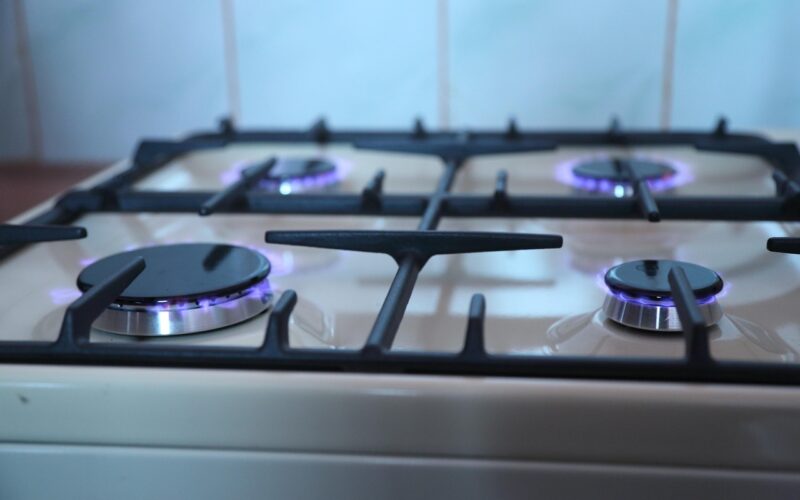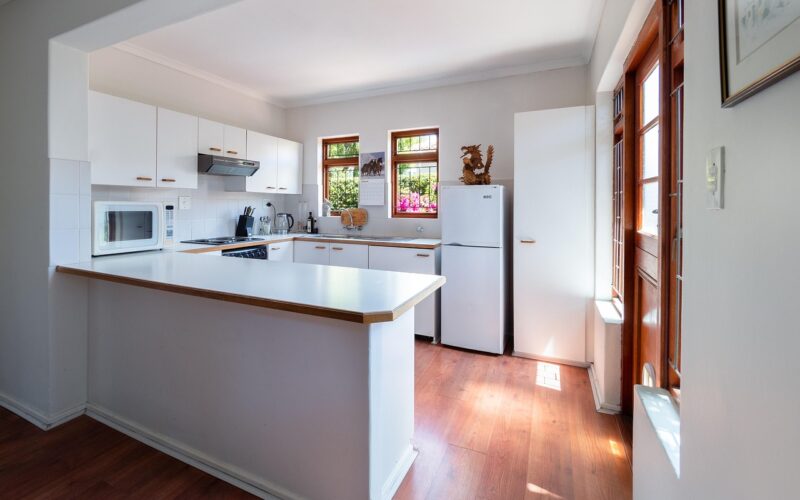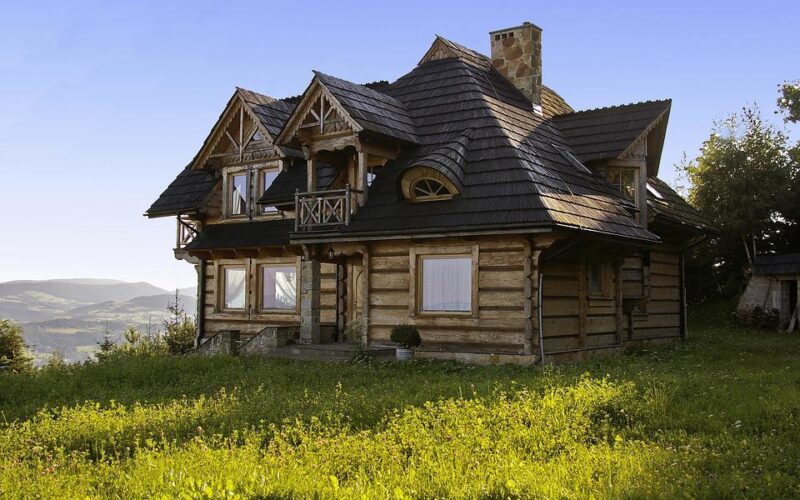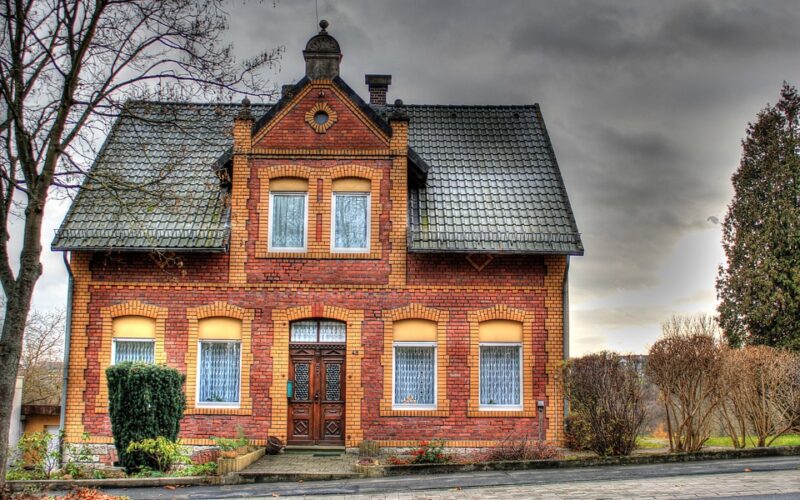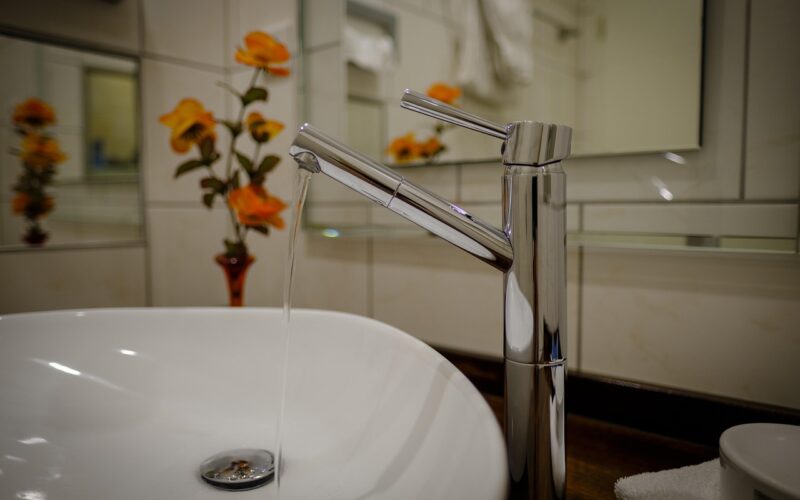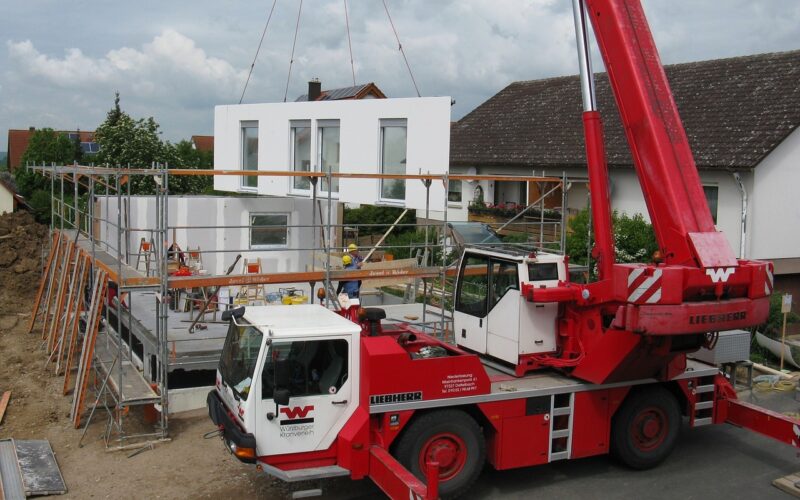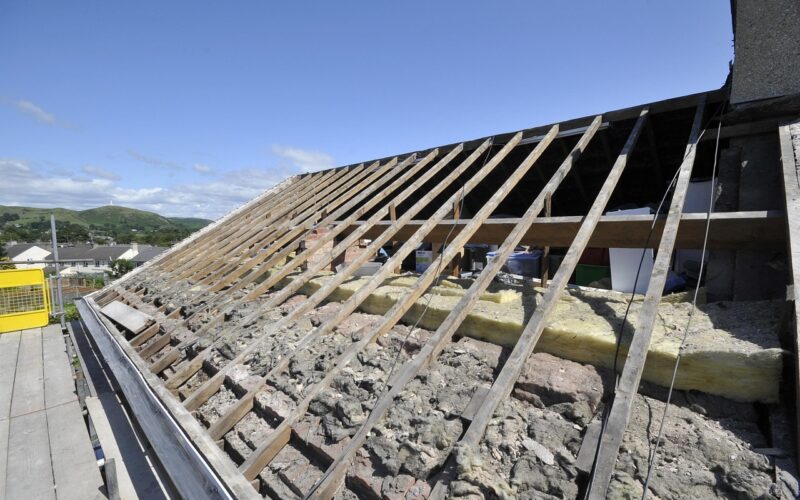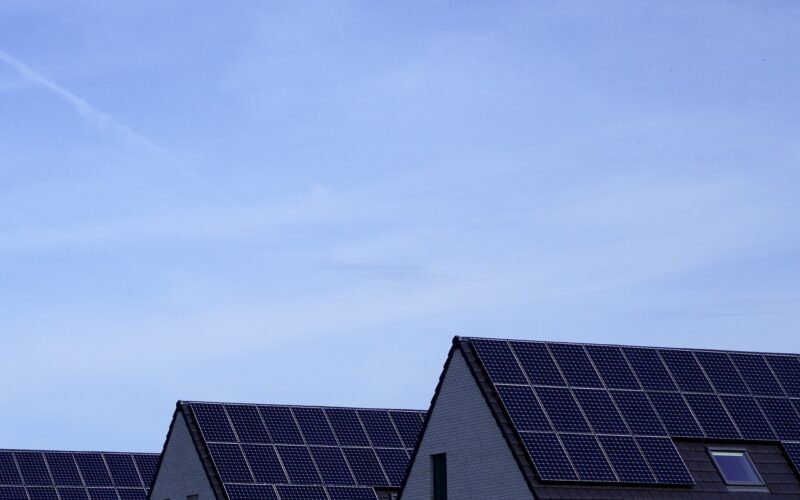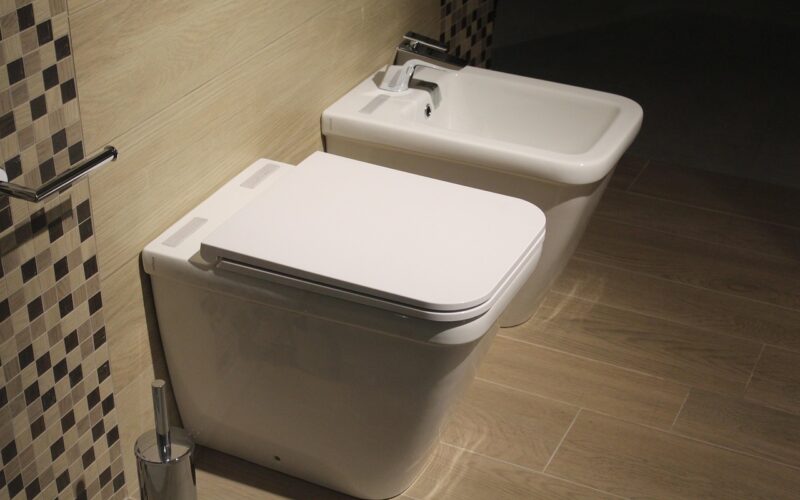Choosing The Right Boiler
Selecting the right boiler for your home is a significant decision that impacts your comfort, energy bills, and property's efficiency. With various types available, understanding the differences is key to making an informed choice. This guide compares combi, system, and condensing boilers to help you determine the best fit for your household's needs, from water demand to available space.
How modern condensing technology works
First, it's important to understand that "condensing" is a feature, not a separate type of boiler. Since 2005, regulations have required nearly all new boilers in the UK to be condensing models. This technology is designed for high efficiency. A condensing boiler captures and reuses heat from the flue gases that would otherwise escape. This process recovers latent heat by turning water vapour back into liquid (condensate), making the boiler over 90% efficient and lowering your energy consumption and carbon footprint. Whether you choose a combi or a system boiler, it will almost certainly be a condensing one.
What is a combi boiler?
A combination, or "combi," boiler provides both central heating and instant hot water from a single, compact unit. It heats water directly from the mains whenever you turn on a tap, eliminating the need for a separate hot water storage cylinder. This makes combi boilers an excellent space-saving solution, ideal for flats and smaller homes with limited storage. However, their performance can be limited by the mains water pressure, and the flow rate may decrease if multiple hot water taps are used at the same time.
What is a system boiler?
A system boiler, on the other hand, works with a separate cylinder to store hot water. While it requires more space than a combi, it can deliver a constant supply of hot water to multiple taps simultaneously without a drop in pressure. This makes it a great choice for larger homes with several bathrooms or families with high hot water demand. The installation is generally more straightforward than for older, conventional boilers because many of the major components are built into the unit itself.
Key considerations for your home
Your decision will largely depend on your property and lifestyle. For smaller homes with one bathroom and less demand for simultaneous hot water, a combi boiler is often the most practical and efficient choice. For larger properties with multiple bathrooms, a system boiler is better equipped to meet the higher demand. You should also consider your existing pipework; a like-for-like replacement is often the simplest and most cost-effective path for a new boiler installation.
Understanding the costs involved
The initial cost of a new boiler installation varies based on the boiler type, complexity of the job, and necessary controls. While combi boilers can sometimes be cheaper to install, converting from a system boiler to a combi may increase costs due to pipework changes. Beyond the purchase price, think about long-term running costs. A high-efficiency condensing boiler will save you money on energy bills, but keeping it in top condition is vital. A regular annual boiler service ensures it operates safely and efficiently. Over time, you may face the choice of repairing boilers or replacing them; a well-maintained modern boiler is a more reliable investment.
Making the final decision
To choose the right boiler, create a simple checklist. Assess your daily hot water usage: how many people live in your home and how many bathrooms do you have? Check your mains water pressure, as this affects combi boiler performance. Evaluate the space available for the unit and a potential cylinder. Finally, balance your budget for the installation against the long-term running costs and potential savings. Considering future plans, such as extending your home, can also influence your choice. A professional heating engineer can provide a tailored assessment to help you make the best decision for your circumstances.
